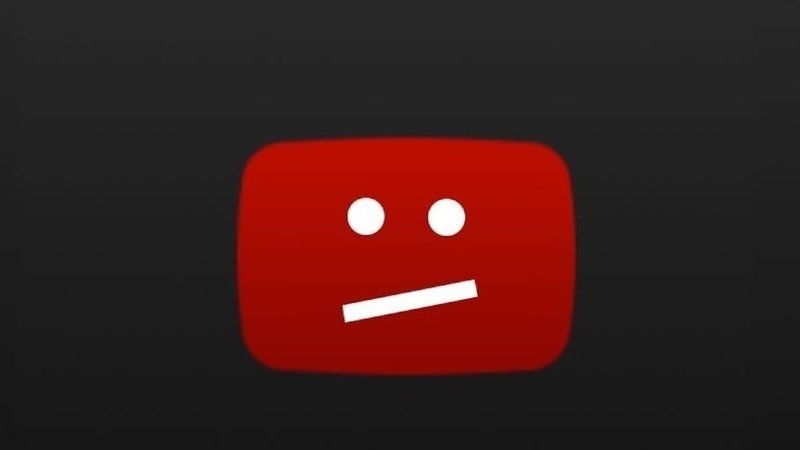
We have have been discussing how writers, editors, commentators, and academics have embraced rising calls for censorship and speech controls, including President-elect Joe Biden and his key advisers. The erosion of free speech has been radically accelerated by the Big Tech and social media companies.
The level of censorship and viewpoint regulation has raised questions of a new type of state media where companies advance an ideological agenda with political allies. The state media criticism was never more compelling than in the announcement of YouTube this week that it would now remove videos that question the victory of President-elect Joe Biden. The election is over but YouTube will now scrub away any dissenting views that the election was marred by fraud. It now appears to be protecting history itself from things deemed disinformation — the ultimate calling of the corporate censor.
YouTube (which is owned by Google) announced “We will start removing any piece of content uploaded today (or anytime after) that misleads people by alleging that widespread fraud or errors changed the outcome of the 2020 US Presidential election.” The company used the end of the “safe harbor” period for counting votes to justify censor those with lingering doubts or those who want to post explanations of why the count remains suspicious, including presumable an array of members of Congress who have called for investigations.
For free speech advocates, the move is a raw example of corporate censorship but Democrats and many liberals applauded the action. Indeed, the Columbia journalism dean has lamented that these companies are not cracking down on free speech to a greater extent and blaming their own greed for not being greater censors. It appears that Big Brother is now being embraced as a protector of truth.
Like the “false facts” removed by China’s censors, the Biden victory is treated like a state fact that cannot be challenged or questioned. As someone who has stated for weeks that Biden is the president-elect and criticized conspiracy theories, I do not subscribe to the view that the election was stolen. However, millions of votes — both Republican and Democrat — hold that view. Indeed, some polls show up to 90 percent of Republicans believe that election was not fair and honest. Roughly half of the country voted for President Donald Trump and many of them hold this view.
The best way to address such views is to expose them to debate and challenge. That is the value of free speech. Otherwise, you end up on a slippery slope of censorship of any views that you deem harmful or misleading.
This action notably occurs just weeks after companies blocked discussion of the Hunter Biden story. It was only after the election that the CEOs then said it was a mistake. Biden is now under federal investigation and the laptop and its disturbing emails now appear to be legitimate. Yet, Democratic Senators demanded more censorship as the CEOs were apologizing for spiking a legitimate news story that was damaging to Biden. Connecticut Senator Richard Blumenthal declared that he was “concerned that both of your companies are, in fact, backsliding or retrenching, that you are failing to take action against dangerous disinformation.” Accordingly, he demand an answer to this question:
“Will you commit to the same kind of robust content modification playbook in this coming election, including fact checking, labeling, reducing the spread of misinformation, and other steps, even for politicians in the runoff elections ahead?”
YouTube has eagerly embraced the call for censorship by Blumenthal and others. It is now protecting not the election but history from what it considers disinformation. It is the very Chinese model embraced directly or indirectly by some American academics and journalists. We are watching free speech drain away to the applause of those eager for less freedom.
Reprinted with permission from JonathanTurley.org.

